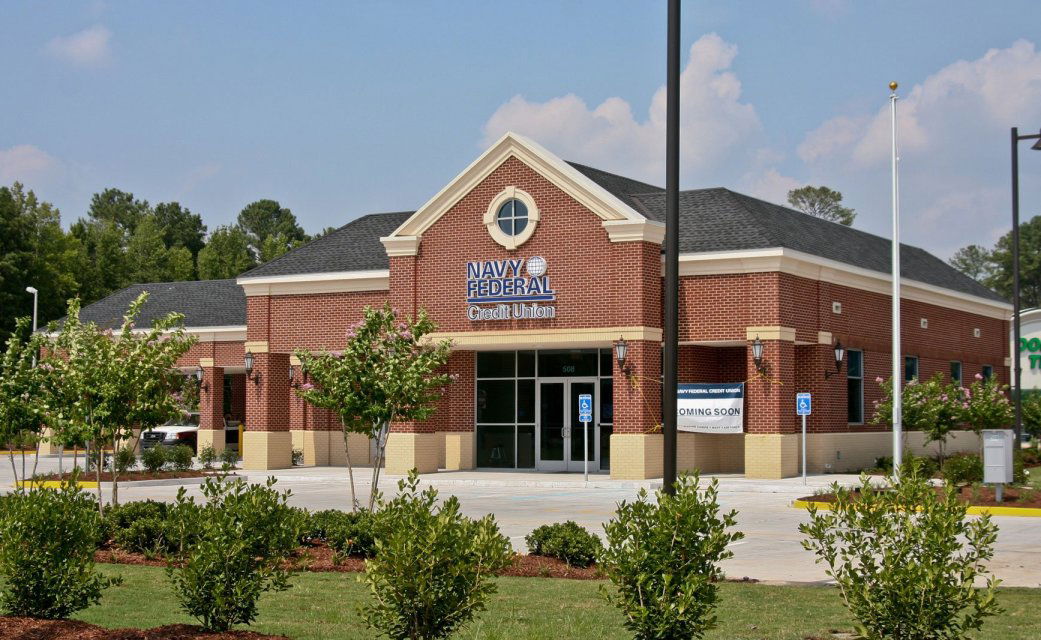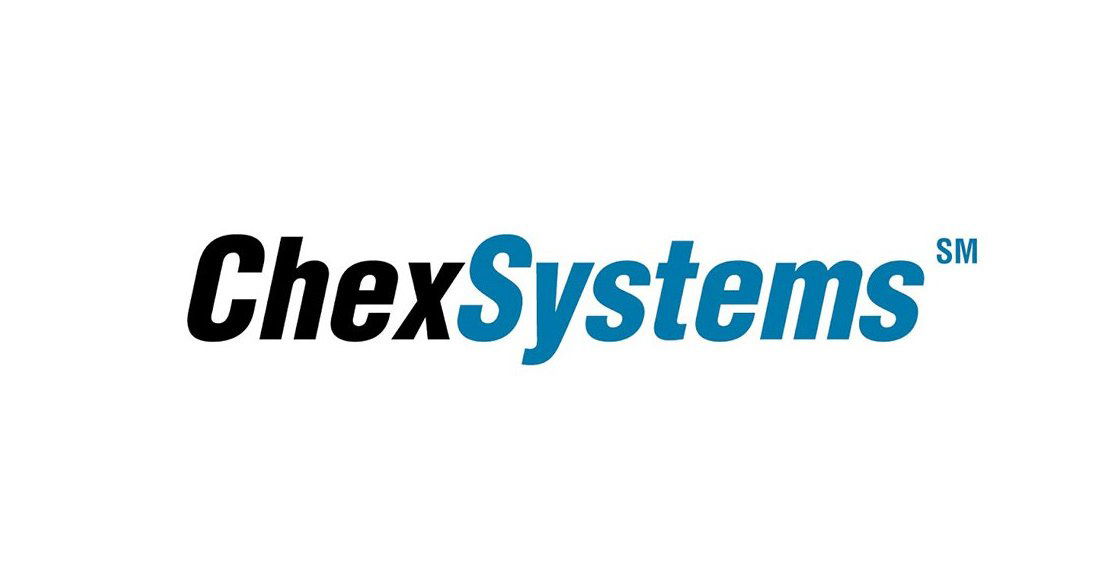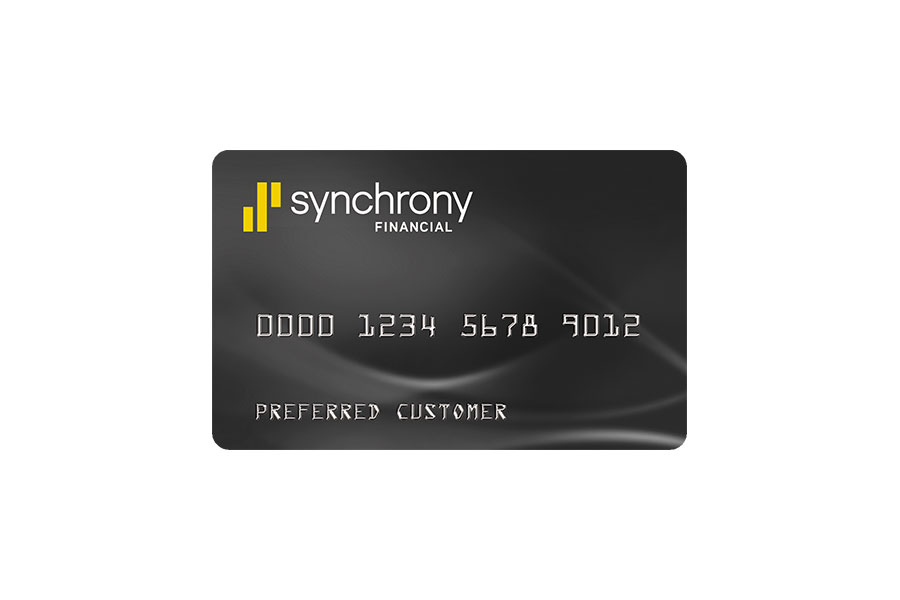Vermont’s mix of tight-knit communities and strong local values shapes how people manage their money. Whether you live in Burlington, Brattleboro, or a small mountain town, the right bank can make your day-to-day finances easier and help you plan for the future.
From regional banks with deep local roots to online platforms offering high-yield savings, Vermont offers plenty of solid options for personal and business banking.

9 Best Banks in Vermont
No matter your priorities—low fees, good customer service, strong mobile features—there’s a Vermont bank that fits the bill. We’ve reviewed the top contenders to help you find the best fit for your financial needs.
1. SoFi
SoFi has earned its reputation as one of the best online banks, thanks to its Checking & Savings account that combines strong interest rates with modern banking features.
2. TD Bank
TD Bank is a national bank with a solid presence in Vermont, offering branches in Burlington, Montpelier, Rutland, South Burlington, St. Albans, and St. Johnsbury.
3. Bar Harbor Bank & Trust
Founded in 1887 in Maine, Bar Harbor Bank & Trust now serves customers across Vermont with 10 locations statewide.
4. Vermont Federal Credit Union
Vermont Federal Credit Union was founded in 1953 and now operates eight branches across the state, including in Burlington, Middlebury, Saint Albans, South Burlington, and Williston.
5. Bank of America
Bank of America offers Vermont residents strong nationwide coverage paired with local convenience.
6. Citizens Bank
Citizens Bank operates 11 branches across Vermont, with locations in cities like Burlington, Montpelier, Barre, Rutland, and South Burlington.
7. Northfield Savings Bank
Northfield Savings Bank is a community bank and one of Vermont’s largest locally owned banks.
8. The Bank of Bennington
Founded in 1917, The Bank of Bennington is one of Vermont’s largest community banks, with branches in Bennington, Arlington, Manchester, and Rutland.
9. White River Credit Union
White River Credit Union is a member-owned, not-for-profit financial cooperative serving residents of Vermont’s upper White River valley.
Types of Banks in Vermont
In Vermont, you’ll find a range of banks that serve different financial goals and customer preferences.
National Banks
National banks, such as Bank of America, Chase, and TD Bank, have a significant presence across the state, offering a wide range of services and catering to a diverse clientele. Known for their comprehensive service offerings, they’re ideal for those who need various financial products and services.
Regional Banks
Mid-sized and operating in specific regions of the U.S., regional banks like Citizens Bank offer a mix of personal and business banking products. They provide a balance between extensive services and local market knowledge.
Community Banks
Community banks are smaller, local banks focused on serving specific communities within Vermont. Banks such as The Bank of Bennington and Northfield Savings Bank are known for their personal touch and strong community involvement, offering more personalized banking experiences.
Online Banks
For those comfortable with digital banking, online banks like SoFi, Ally Bank, and Discover operate without physical branches in Vermont but provide comprehensive banking services via the internet and mobile platforms. They often feature more competitive interest rates and lower fees due to their lower operational costs.
Credit Unions
Member-centric and often providing better interest rates and lower fees than traditional banks, credit unions in Vermont, like Vermont Federal Credit Union and White River Credit Union, emphasize personalized service and community engagement. They’re not-for-profit institutions focused on serving their members’ best interests.
Each type of bank in Vermont offers unique advantages, catering to different preferences and requirements, from the extensive services of national banks to the community-focused approach of credit unions and community banks.
How to Choose the Best Bank in Vermont
Choosing the best bank in Vermont means finding one that fits your financial needs and goals. Here are the key factors to consider:
- Services offered: Make sure the bank provides what you need—whether that’s basic accounts, loans, or investment services.
- Fees and rates: Look at monthly fees, overdraft charges, and interest rates on deposits and loans. The best banks offer competitive rates and minimal fees.
- Accessibility: Branch and ATM availability matters. A strong local presence and a wide ATM network add convenience.
- Online and mobile banking: A reliable website and mobile app should let you manage your accounts, pay bills, and deposit checks with ease.
- Customer service: Look for responsive support across multiple channels, including in-person help if that matters to you.
- Community involvement: Some banks actively support local causes. If that’s important to you, check the bank’s track record in Vermont.
- Security and insurance: Confirm FDIC coverage and look for fraud protection features that help safeguard your money.
- Reputation and reviews: Feedback from current customers can reveal how a bank performs in the real world.
- Special offers: Bonuses and rewards can add value, but always check for hidden requirements.
- Your goals: Pick a bank that matches your priorities—whether that’s building savings, financing a home, or managing everyday expenses.
Evaluating these points will help you choose a Vermont bank that aligns with your goals and makes managing your money easier.
Final Thoughts
Vermont offers a solid mix of national banks, local credit unions, and community banks, each bringing something different to the table. Whether you value branch access, low fees, strong customer service, or digital tools, there’s a bank that fits.
The right choice depends on your priorities—whether that’s simple day-to-day banking or long-term financial planning. With this list, you have a clear starting point to find a bank that matches your goals and helps you manage your money with confidence.












